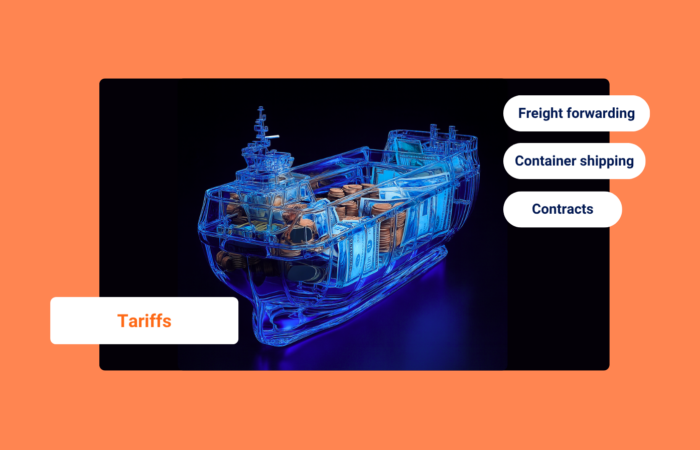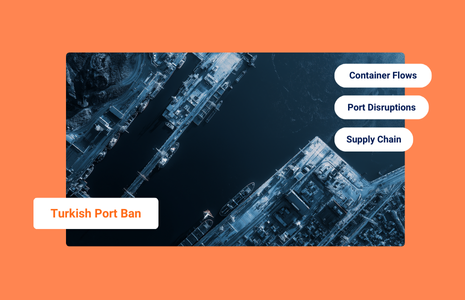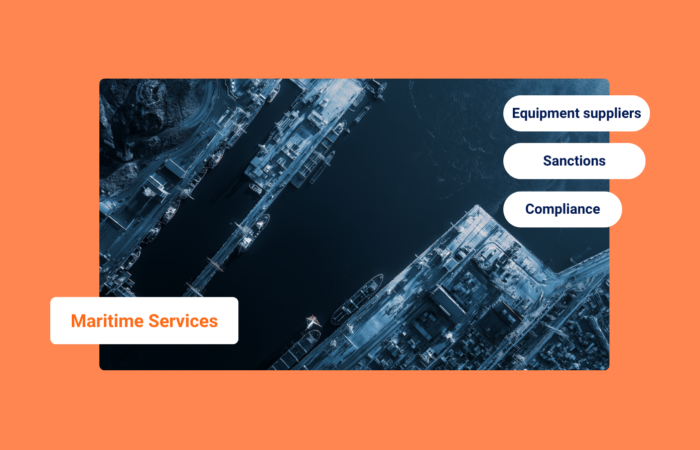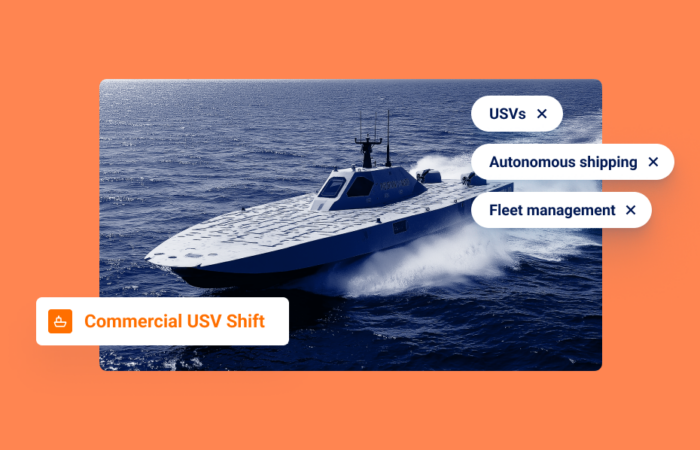3 Global Freight Summit Takeaways

What’s inside?
The global supply chain and logistics industry isn’t innovating fast enough. That was one of the main takeaways from last week’s Global Freight Summit, a gathering of industry leaders, innovators, and forward-thinkers shaping the future of freight and logistics.
Windward was thrilled to attend, contributing to discussions and absorbing valuable insights from panels, presentations, and one-on-one conversations. Here’s a glimpse into our three main takeaways:
1. AI: The Game-Changer
AI’s transformative power was a central theme, highlighted by a compelling session led by Dr. Rumman Chowdhury, U.S. Science Envoy, Artificial Intelligence and CEO of Humane Intelligence. Her discussion on “AI: On Board or Left Behind” offered practical advice for businesses aiming to embrace AI effectively:
- Set an intention: pilot AI projects with clear, focused use cases before scaling
- Understand your customers: tailor solutions to specific needs
- Cut through the noise: with AI being a buzzword, defining substance is key
It was striking to learn from Rumman that while 80% of corporate boards mention AI in their strategies, only 20% have tangible experience with it. This highlights the need for external experts and possibly external AI advisory boards to guide implementation.
Dr. Chowdhury also dispelled common misconceptions, emphasizing that AI is not a replacement for human ingenuity, but a reflection of it. One example? Self-driving cars which still can’t match the instinctive capabilities of a newly licensed teenager, despite billions of dollars in investment.
The freight industry is on the cusp of transformation, with AI set to redefine key areas:
- Anomaly detection: a cornerstone for risk mitigation, echoing Windward’s own focus on Early Detection
- Stress reduction: by automating repetitive tasks, employees can redirect their energy toward more impactful work
- Shifting narratives: from fearing dystopian AI scenarios, to building the future we want
The question is no longer “if” AI will reshape the industry, but “how quickly” and “to what extent.”

2. The Industry’s Pace: Progress, or Plateau?
One key sentiment echoed throughout the event was that the industry isn’t innovating fast enough. Enterprise Resource Planning (ERP) systems such as SAP and Oracle remain dominant, but it’s clear that the next wave – AI-driven platforms – needs to take center stage. Discussions ventured into futuristic territory, with one panelist predicting that quantum computing paired with AI could leap us 500 years ahead in processing capacity.
Another hot topic was the potential for fully automated warehouses, dubbed “black sites,” where human presence could eventually be phased out. The consensus? The clock is ticking, and businesses must innovate, or risk being left behind.
3. Trust Issues with Data
Another recurring theme in discussions was the trust gap in freight insights. Given the challenges associated with carrier data accuracy, many prospects and customers remain skeptical of alternative insights. This is a challenge, but also an opportunity, because confusion can be greatly reduced with a reliable and innovative platform.
Windward has seen first-hand how Predicted ETA capabilities can rebuild trust, delivering accuracy that outperforms traditional methods. By demonstrating clear, measurable results, we’re helping the industry shift toward a data-driven future.
Building a Better Future Together
The Global Freight Summit reinforced that while challenges remain, the opportunities for growth and collaboration are boundless. As an industry, we must focus not just on technological advancements, but also on fostering trust, standardization, and a shared vision for the future.
Windward is proud to be at the forefront of this transformation, offering solutions that empower our customers to navigate complexities with confidence.
Here’s to building the future of freight together!











